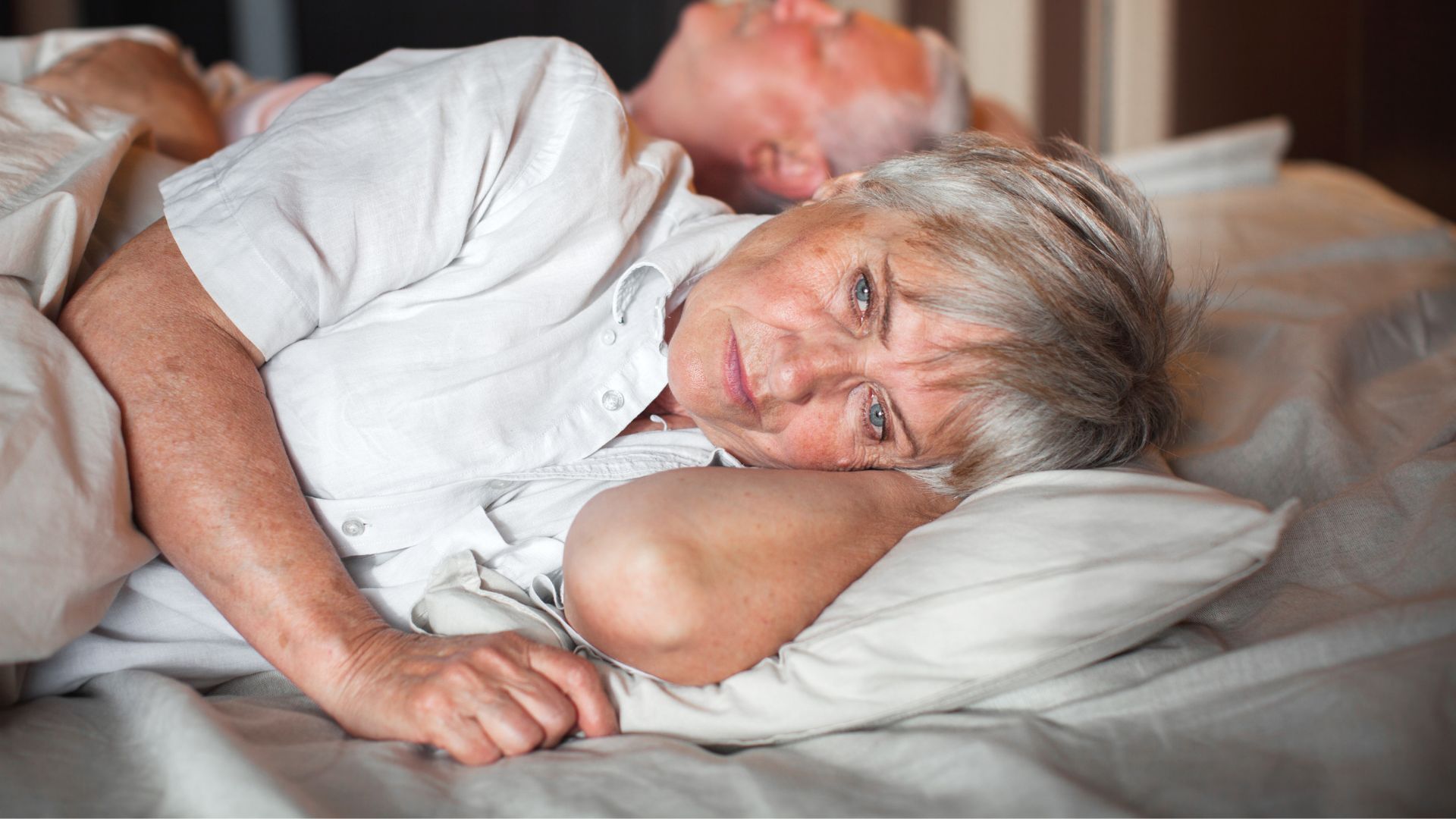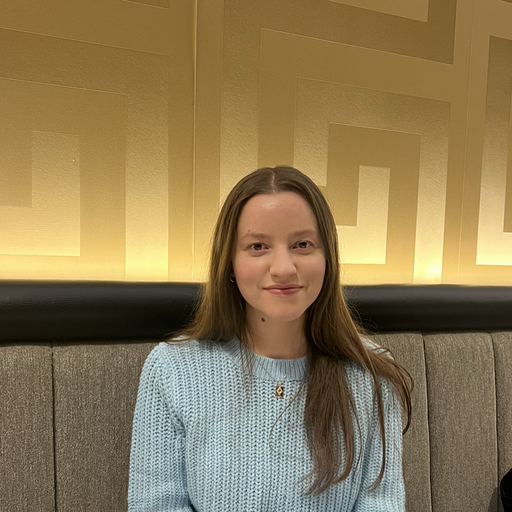New study will use phone apps to explore link between sleep and Alzheimer's risk
Cambridge University and UCL will work with a tech company to study the link between sleep and Alzheimer's

A pioneering new study will use phone apps to explore the link between sleep quality and the risk of Alzheimer's disease. The landmark research will see the University of Cambridge and University College London (UCL) teaming up with sleep technology company Sleep Cycle to explore how app-based sleep-tracking data can help detect Alzheimer's disease in its early stages.
The partnership will combine Sleep Cycle's extensive sleep data with the universities' previous explorations of the links between sense of direction, sleep disruptions, and detecting Alzheimer’s disease.
Key takeaways:
- Cambridge University and UCL will collaborate with tech company Sleep Cycle to explore how sleep tracking data can help detect Alzheimer's disease
- The study will provide a deeper understanding of how sleep disruptions can be used to detect Alzheimer's disease in its earliest stages
- The study findings could assist in the development of a more convenient method of measuring Alzheimer's disease's effect on sleep and navigational ability
Mikael Kågebäck, Chief Technology Officer at Sleep Cycle, says he hopes the collaboration will make a "real difference" to worldwide health.
"By leveraging our proprietary technology and vast sleep data collected from users' homes, we hope to support this important research and deepen the understanding of Alzheimer's," Kågebäck told Sleep Cycle.
Meanwhile, researcher Dr. Abhirup Ghosh also told Sleep Cycle that he expects the pioneering study will unlock a more accurate and modern method to measuring how sleep and navigational ability are affected in the early stages of Alzheimer's.
"Phone apps offer a new approach that allows changes in these behaviors to be captured in and around people’s own homes, which is less burdensome for people, potentially usable at scale, and also relevant to real-life activities," he explained. "As such, this research could greatly aid efforts to detect Alzheimer’s disease from its earliest stages."
What is Alzheimer's disease?
According to the World Health Organization, Alzheimer's disease is the most common form of dementia, a term for several diseases that "affect memory, thinking, and the ability to perform daily activities".
Sign up to get the BEST of Tom's Guide direct to your inbox.
Get instant access to breaking news, the hottest reviews, great deals and helpful tips.
Alzheimer's contributes to around 60–70% of dementia cases, and early signs and symptoms include losing sense of direction or track of time, difficulties with problem solving, and forgetting recent events. These symptoms can worsen over time, and newer symptoms (such as a lack of independence or severe personality changes) can appear, too.
What is the link between sleep and Alzheimer's?
While this new study hopes to explore how sleep-tracking data can be used to detect Alzheimer's while in its early stages, many studies have been conducted over the years to see how our sleep patterns can influence the risk of developing the disease.
For example, a 2021 study by Harvard Medical School found that individuals who slept fewer than five hours per night were twice as likely to develop dementia. Meanwhile, a European 2021 study found that those who consistently slept six hours or less at age 50, 60, and 70 were 30% more likely to develop dementia compared to those in the same age group who slept seven hours.

Frances Daniels is a PPA-accredited journalist and Sleep Staff Writer at Tom's Guide with an MA in Magazine Journalism from Cardiff University. Her role includes covering mattress and sleep news and writing sleep product reviews and buyer's guides, including our Best Hybrid Mattress 2025 guide. She is hugely interested in the relationship between good sleep and overall health, interviewing a wide array of mattress and sleep experts to create well-informed articles about important topics such as nutrition, sleep disorders (from sleep apnea to night terrors), lucid dreaming, sleep hygiene, and mattress care. She is also our specialist on mattress toppers — producing mattress topper reviews and taking care of our Best Mattress Toppers 2025 guide — and takes the lead on all content related to fiberglass-free mattresses for a clean, non-toxic sleep. Outside of Tom's Guide, she has written for Ideal Home, Homes & Gardens, and Marie Claire.
